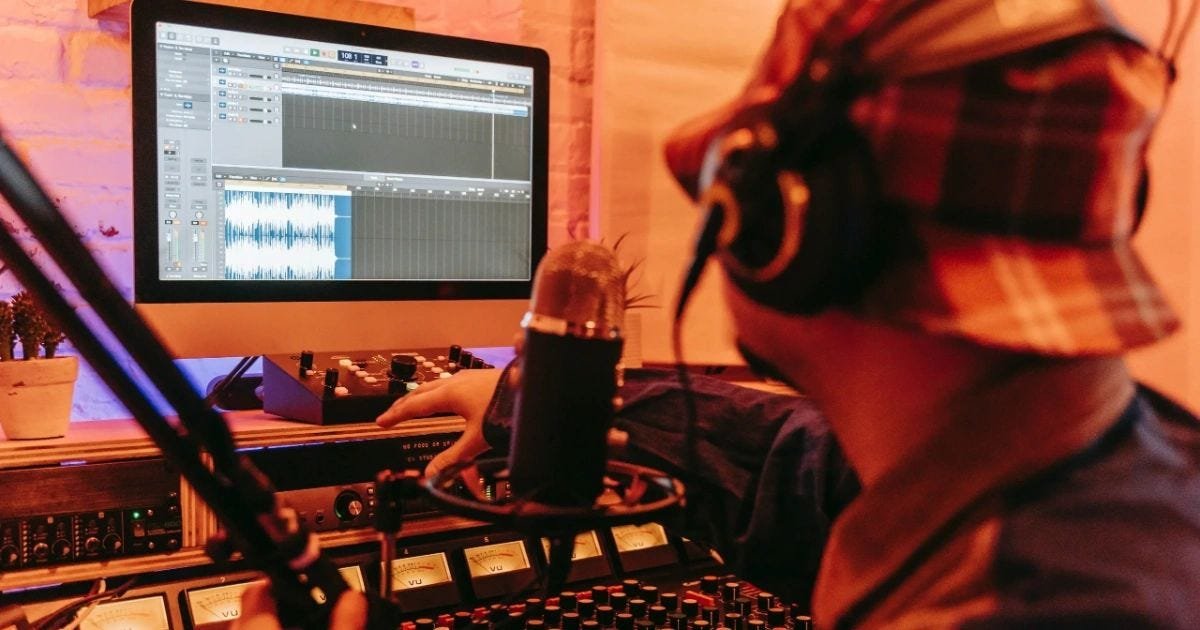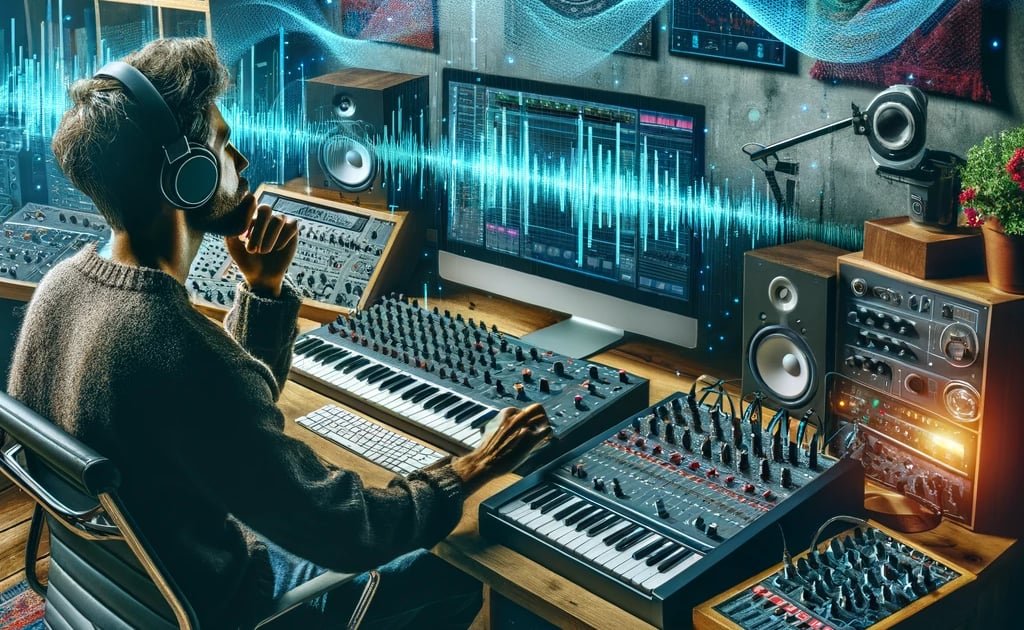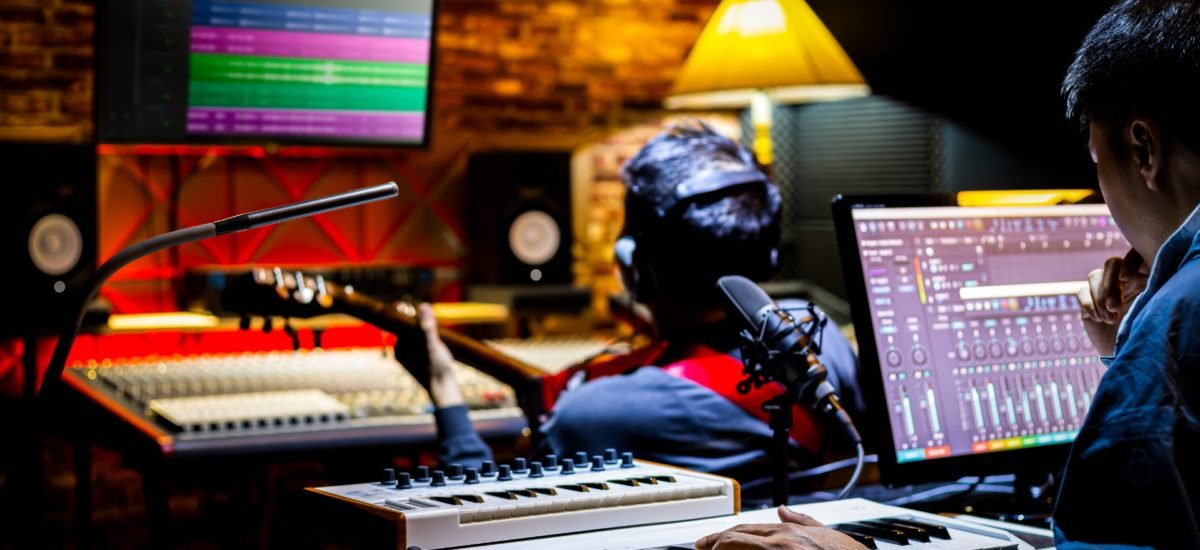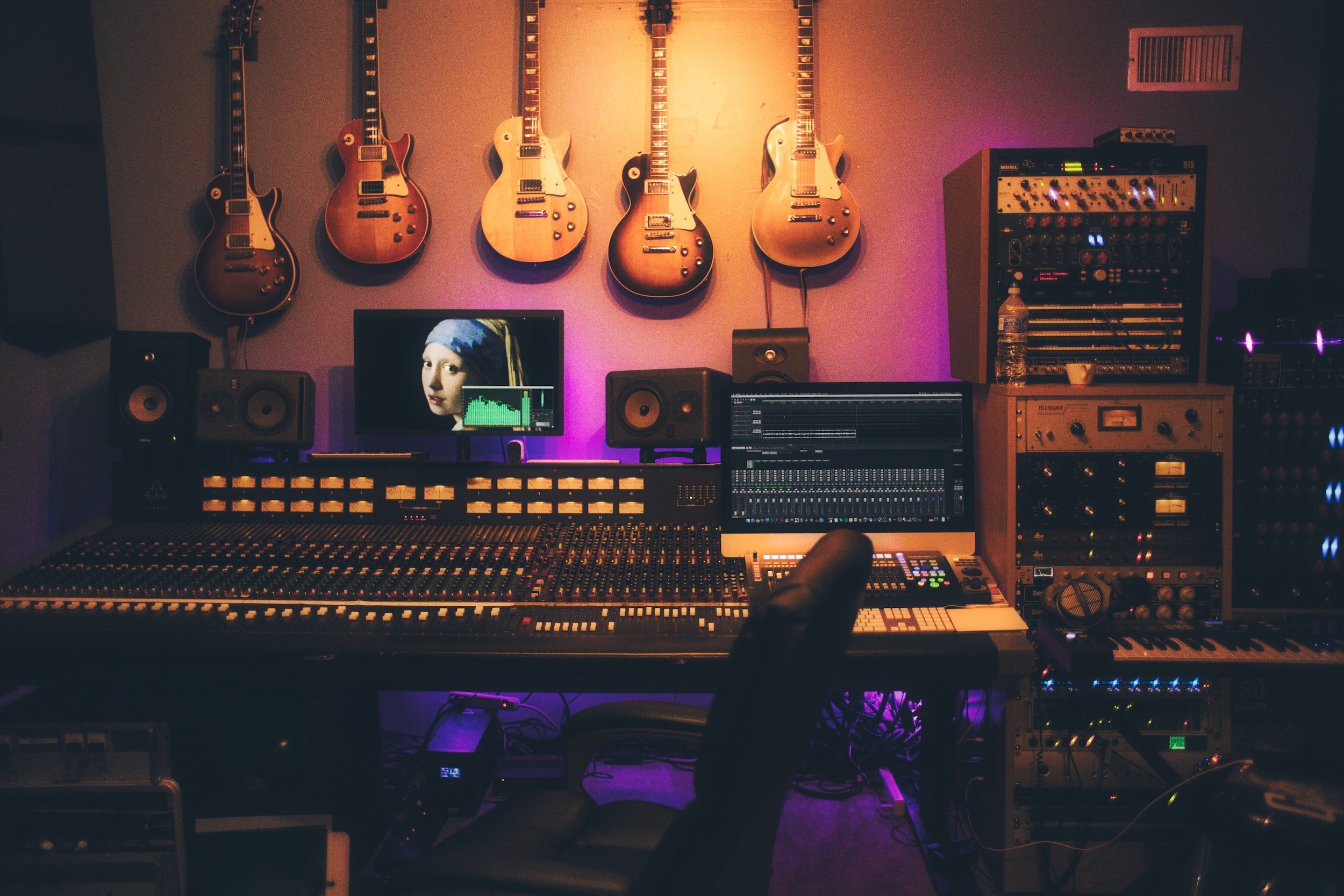Developing a Unique Sound: A Guide for Music Producers
In a saturated music industry, standing out is more important than ever. Developing a unique sound is key to distinguishing yourself as a music producer. This distinctive style not only helps you attract a dedicated audience but also creates a memorable brand identity. In this blog post, we’ll explore various strategies and techniques to help you develop a unique sound that sets you apart.
1. Discover Your Influences
Understanding your musical influences is the first step toward developing a unique sound. These influences shape your taste and inspire your creativity. However, rather than imitating them, aim to blend these inspirations into something new and original.
Make a List: Write down your favorite artists, genres, and tracks. Analyze what you love about each—whether it’s the melodies, rhythms, production techniques, or emotional impact.
Identify Common Elements: Look for common threads among your influences. Is there a particular style of vocals, type of instrumentation, or production technique that resonates with you?
Blend and Adapt: Combine elements from different influences to create a hybrid sound. This can involve mixing genres, using unconventional instruments, or applying unique production techniques.
2. Experiment and Innovate
Experimentation is crucial in developing a unique sound. Pushing boundaries and trying new things can lead to unexpected and exciting results.
Sound Design: Create your own sounds from scratch using synthesizers, samplers, and effects. Avoid relying too heavily on presets; instead, tweak and modify them to suit your vision.
Unconventional Instruments: Incorporate unusual or rare instruments into your music. Field recordings, found sounds, and non-traditional instruments can add a distinct flavor.
Production Techniques: Experiment with different production techniques, such as granular synthesis, resampling, and creative effects chains. These methods can help you discover new textures and timbres.
3. Develop Your Musical Identity
Your musical identity encompasses your sound, style, and artistic vision. Defining this identity is essential for creating a cohesive and recognizable brand.
Create a Vision Statement: Write a vision statement that encapsulates your artistic goals and values. This statement can guide your creative decisions and help you stay focused on your unique path.
Visual Aesthetics: Consider the visual elements associated with your music, such as album artwork, music videos, and branding. A consistent visual style can reinforce your musical identity.
Consistency: While it’s important to experiment, maintaining a degree of consistency helps listeners recognize your sound. Develop signature elements, such as specific vocal processing, drum patterns, or synth textures, that appear across your tracks.
4. Learn and Master Your Tools
To develop a unique sound, you need to master the tools at your disposal. This includes your Digital Audio Workstation (DAW), plugins, and hardware.
Deep Dive into Your DAW: Explore all the features and capabilities of your DAW. Learn how to use automation, MIDI programming, audio editing, and mixing tools to their fullest potential.
Explore Plugins: Invest time in learning different plugins, from virtual instruments to effects processors. Understand how each plugin works and how it can contribute to your sound.
Hardware Integration: If you use hardware instruments or effects, learn how to integrate them seamlessly with your digital setup. Experiment with different routing options and signal chains.
5. Collaborate and Network
Collaboration can open up new creative avenues and expose you to different perspectives and techniques. Working with other musicians, producers, and artists can help you refine your sound.
Find Like-minded Artists: Seek out collaborators who share similar artistic goals or have complementary skills. This can lead to fruitful partnerships and innovative ideas.
Learn from Others: Pay attention to how other producers approach their craft. You can gain valuable insights and techniques that you can adapt and incorporate into your own work.
Networking: Attend music production workshops, join online communities, and participate in forums. Building a network of peers can provide support, feedback, and inspiration.
6. Embrace Your Strengths and Limitations
Understanding your strengths and limitations is key to developing a unique sound. Embrace what you’re good at and use your limitations as opportunities for creativity.
Focus on Your Strengths: Identify your core skills, whether it’s sound design, melody writing, rhythm programming, or mixing. Build your sound around these strengths.
Turn Limitations into Advantages: If you have limited gear or experience, use it to your advantage. Constraints can foster creativity by forcing you to find innovative solutions.
7. Evolve and Adapt
Developing a unique sound is an ongoing process. As you grow as an artist, your sound will evolve. Embrace this evolution and allow your music to adapt to new influences and experiences.
Stay Open to Change: Don’t be afraid to evolve your sound over time. As you gain new skills and insights, let them influence your music.
Continuous Learning: Stay curious and keep learning. Attend workshops, take online courses, and read about new production techniques and technologies.
Reflect on Your Journey: Periodically review your past work and reflect on your growth. This can provide insights into how your sound has developed and where you want to take it next.
8. Stay Authentic
Ultimately, the most unique sound you can create is one that is true to yourself. Authenticity resonates with listeners and sets you apart from others.
Be True to Your Vision: Don’t compromise your artistic vision to fit trends or expectations. Stay true to what you want to express through your music.
Express Your Emotions: Music is a powerful medium for expressing emotions. Let your feelings and experiences guide your creative process.
Connect with Your Audience: Engage with your audience and share your creative journey. Authenticity builds a loyal fanbase that appreciates your unique sound.
Conclusion
Developing a unique sound is a journey that requires exploration, experimentation, and self-discovery. By understanding your influences, mastering your tools, collaborating with others, and staying true to your vision, you can create a distinctive style that sets you apart as a music producer. Embrace the process, stay curious, and let your unique sound evolve naturally. Your individuality is your greatest asset in the world of music production.





